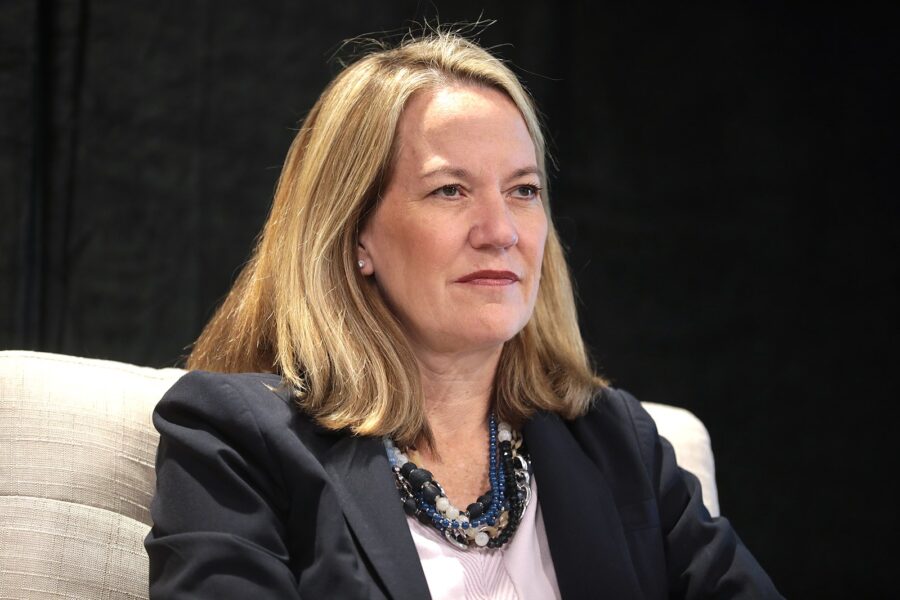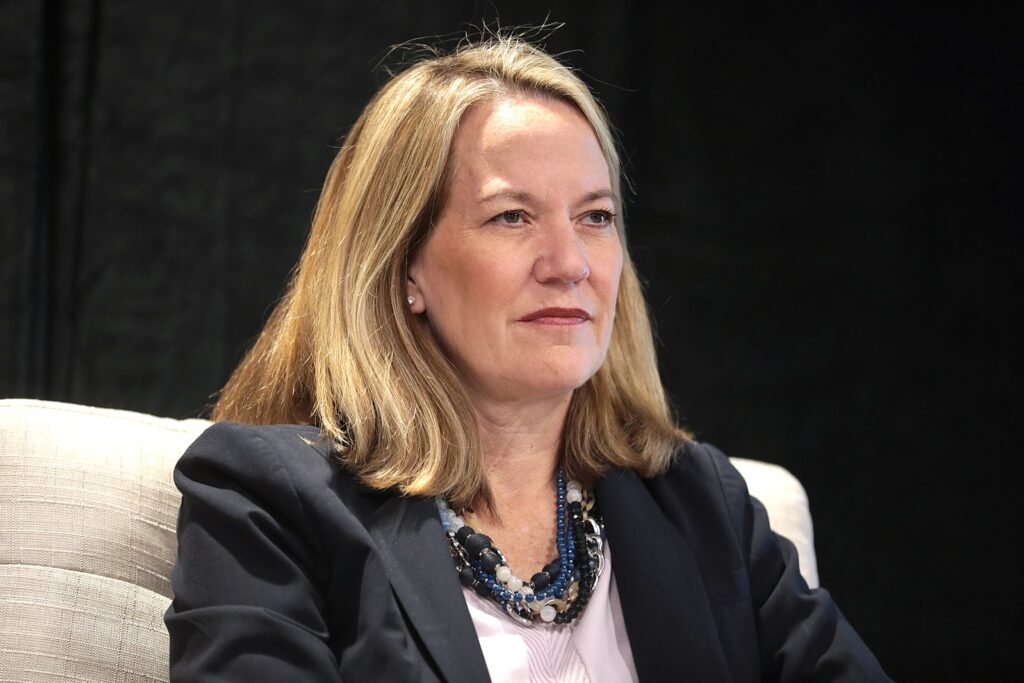Politics
NEW: Democrat AG Suffers Major Setback In Case Against Trump Allies, Alternate Electors

Arizona Attorney General Kris Mayes suffered a major setback in her highly controversial, ongoing criminal case against major Trump allies and alternate electors from the 2020 election, as the defendants recently cleared a major hurdle in their quest to dismiss the case by citing an Arizona law aimed at preventing politically-motivated prosecutions.
In April of last year, Mayes’ office announced that grand jury had indicted former White House Chief of Staff Mark Meadows, Rudy Giuliani, and five other former aides to former President Donald Trump on felony charges related to the Trump campaign’s objection to the 2020 election results. The indictment, which includes felony counts of conspiracy, fraud and forgery, also names Trump as an “unindicted co-conspirator.”
Eleven additional Arizona Republicans who served as alternate electors have also been indicted, including former Arizona GOP Chairwoman Kelli Ward, state senators Jake Hoffman and Anthony Kern, and Arizona’s RNC committeeman Tyler Bowyer. Leftist prosecutors have routinely labeled alternate electors as “fake electors” before charging them with felony forgery and fraud crimes.
Similar cases have been brought by Democrat attorneys general in Michigan and Nevada, though the latter case was dismissed by a Clark County district judge. Fulton County District Attorney Fani Willis also brought a similar case in Georgia, which is essentially dead in the water.

Kris Mayes speaking with attendees at an Attorney General candidate forum hosted by the Arizona Chamber of Commerce & Industry at the Arizona Commerce Authority in Phoenix, Arizona.
Photo: Gage Skidmore
Mayes — who won her election by less than 300 votes in 2022 — vowed to continue with the case even after President Trump carried Arizona by a wide margin. The prosecution is now in serious jeopardy, however, after defendants filed a motion arguing that Mayes violated Arizona’s anti-SLAPP law, which which states that a defendant can ask for a case to be dismissed if they can prove “the legal action was substantially motivated by a desire to deter, retaliate against or prevent the lawful exercise of a constitutional right.”
The law was initially limited to civil cases, though Republican lawmakers expanded it to cover criminal charges in 2022. The Arizona legislature is currently considering additional laws that could further Hinder Mayes’ dubious case later this year.
Last Monday, Maricopa County Superior Court Judge Sam Myers ruled the defendants provided enough to move forward with the anti-SLAPP motion, according to a report from KJZZ Phoenix. The judge did emphasize that he has not yet made a decision on whether the case should be dismissed entirely, however.
“The court finds that the defendant’s motions do include information that the charges in this case include, at least in part, some arguably lawful exercise of their rights of petition and speech,” Myers said in his ruling.
The judge added, “Defendant’s motions also include information that the attorney general has made statements in the past, suggesting that what happened in this case should never happen again, which they argue shows a desire to deter the actions that were alleged in this case.”
Myers noted that “step one” of the court’s process has been completed as he considers the motion under the broadened anti-SLAPP law. Now, prosecutors with Mayes’ office will attempt to argue that the charges are justified. “In this step two, the state will have the opportunity to show that the charges are justified by clearly established law and that the Attorney General did not act in order to deter, prevent or retaliate against the moving parties defendants exercise of their constitutional rights,” Myers said.
The judge gave Mayes 45 days to respond to the latest ruling. “We disagree with this ruling, and we will pursue an appeal,” Mayes said in a statement. “It is not the lawful exercise of free speech to file forged slates of electors to deprive Arizona voters of their right to vote.”
RELATED: Ex-Trump DOJ Official Issues Dire Warning, Suggests Anti-Trump Lawfare Will Shift To Arizona

